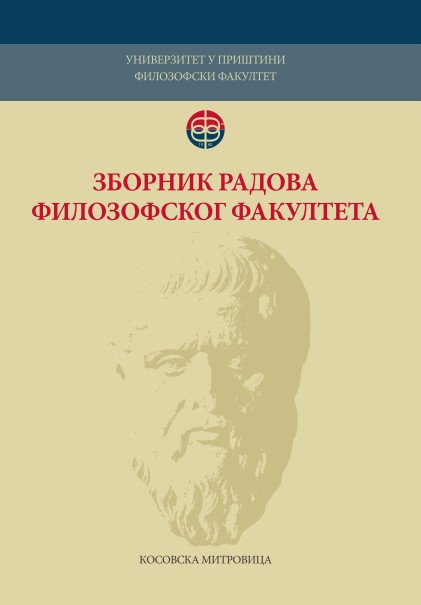Психолошка наука од "објави или нестани" до "веруј, али провери"
Psychological Science from ‘Publish or Perish’ to ‘Trust but Verify’
Author(s): Anđela KeljanovićSubject(s): Social Sciences, Psychology
Published by: Филозофски факултет, Универзитет у Приштини
Keywords: replication; publication bias; psychology
Summary/Abstract: At the time when social psychologists believed they could be proud of their discipline, there was the devastating news that Diederik Stapel had committed a major scientific fraud. This event coincided with the start of the discussion on trust in psychological findings. It was soon followed by the report of a series of nine studies that failed to replicate the ‘professor's study’. These replication results were astounding due to earlier reports of successful replications. Due to the crisis of confidence in the results of field research, the Open Science Collaboration subsequently replicated 100 correlation and experimental studies published in 2008 in Psychological Science, Journal of Personality and Social Psychology, and Journal of Experimental Psychology: Learning, Memory, and Cognition. Of the 97% of the original studies that had a positive effect, 36% were replicated. However, their findings have also been called into question by calculating the Bayesian factor. In addition to fraud, questionable research practices resulting from publication bias that results in false positives undermine confidence in the validity of psychological research findings. Perhaps the most costly mistake of false-positive findings is to erroneously reject the null hypothesis. However, that Stapel (2011) confirmed the null hypothesis, or that Bargh (1996) found that admission of participants did not affect walking speed, or that Dijksterhuis and van Knipenberg (1998) reported that participants received with the word ‘professor’ did not improve their performance on task, no one would be interested in their findings. Zero findings are only interesting if they contradict the main hypothesis derived from the theory or contradict a number of previous studies. The fact that good experimental research is usually conducted in order to test theories, researchers can never be sure whether they have chosen the optimal operationalization of a given construct. As researchers can never be sure that they have properly operationalized the theoretical constructs they are evaluating and whether they have been successful in controlling the third variables that may be responsible for their results, the theory can never be proven true.
Journal: Зборник радова Филозофског факултета у Приштини
- Issue Year: 51/2021
- Issue No: 1
- Page Range: 63-80
- Page Count: 18
- Language: Serbian

